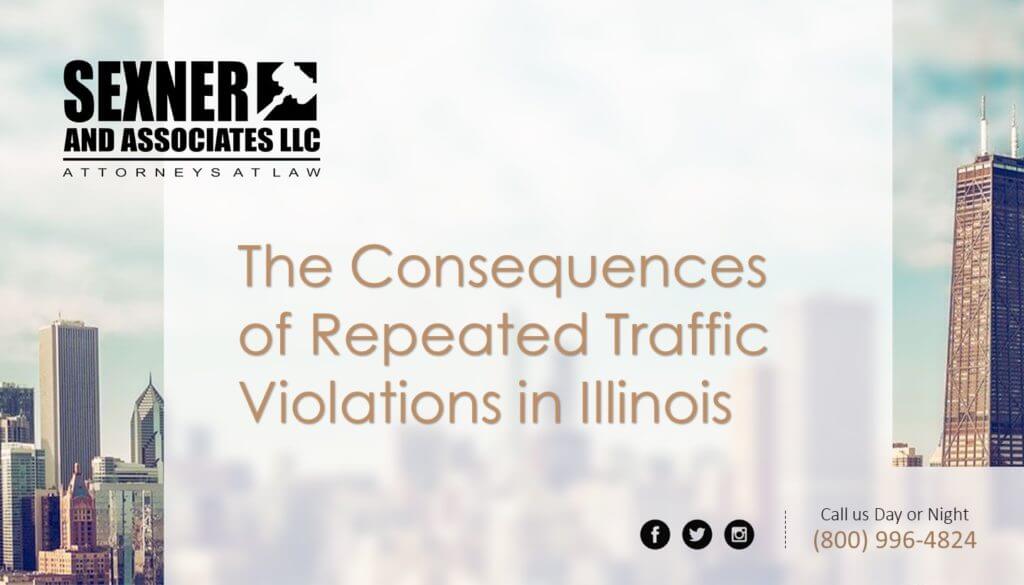
91% of all drivers who were arrested for DUI end up losing their driving privileges for at least some period of time. When you need a Chicago traffic violation attorney, we can help. We want you to understand how you might lose your driver’s license, and what exactly it means to have your driving privileges taken from you.
Types of Punishments
In the state of Illinois, you can lose your driver’s license in two different ways: through suspension and through revocation. Suspensions and revocations are different administrative actions that grow out of different crimes or traffic offenses, and have different consequences for you.
In the context of DUI, when your license is suspended, that means that you will eventually gain your right to drive back. The exact length of the suspension depends on how many prior offenses and suspensions you have. The circumstances of the crime are also important. If you cause serious injury to another or if a reckless homicide occurred, the chances significantly increase that you will have your driver’s license revoked, rather than just suspended. For a first time DUI offender, you may have your license suspended for as little as six months, and most first offenders receive a suspension no longer than one year. But under other circumstances, a DUI offender may have their license revoked for an indeterminate period of time, or even for life.
In addition, your license may be suspended if you accrue more than a certain number of parking fines or have an accident without insurance. Failure to appear in court after you have been given a traffic citation may also earn you a suspension. When people do not pay their child support or their fines, they might have their license suspended. If you do not pay tolls, you may also have your license taken from you until you take care of such overdue fines.
License revocations are far more serious. When your license is revoked, the chances of you getting it back quickly are significantly reduced. There are a few reasons for this. First, the state does not establish any specific reinstatement period, just a waiting period before a request can be made. If you want your license back, you will need to schedule a hearing. Second, being successful at this hearing is often very difficult without an experienced lawyer, and the hearing process is a highly structured event which requires you to submit specific pieces of evidence. License revocations are generally associated with more serious crimes and traffic offenses. For that reason, reinstatement of your license is also more difficult.
There are other offenses that may result in your license being revoked as well. Leaving the scene of an accident when there has been a death or a personal injury can result in revocation. Similarly, attempting to elude a police officer, drag racing, driving without a valid license, false application to the Secretary of State, or being convicted of crimes such as car theft or transporting a gun may all result in your license being taken away.
The Next Steps
There are a few things that you can do if your license has been suspended or revoked. If your license has just been suspended, you can simply wait it out, as a suspension is not forever. But if your life will be made very difficult without a license during this period of suspension, an attorney can advise you as to whether it may be possible to lessen or eliminate the period of suspension entirely.
When your license is revoked, the situation is a bit trickier. You will have to petition the DMV (Secretary of State) to get it back. But until the DMV agrees to provide you some driving relief, the revocation will continue indefinitely. If you need more information, check out our blog post about Illinois license revocations.
When you’re in need of a Chicago traffic violation attorney, call Mitchell S. Sexner & Associates LLC to speak to experienced and knowledgeable attorneys who are ready to help you today. Call us at (312) 644-0444.

